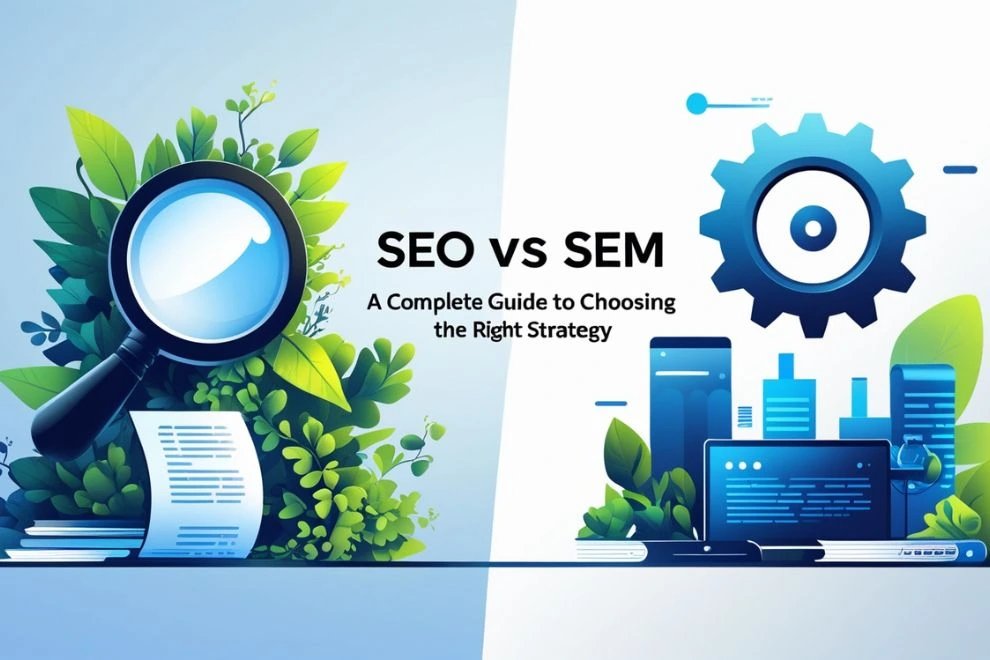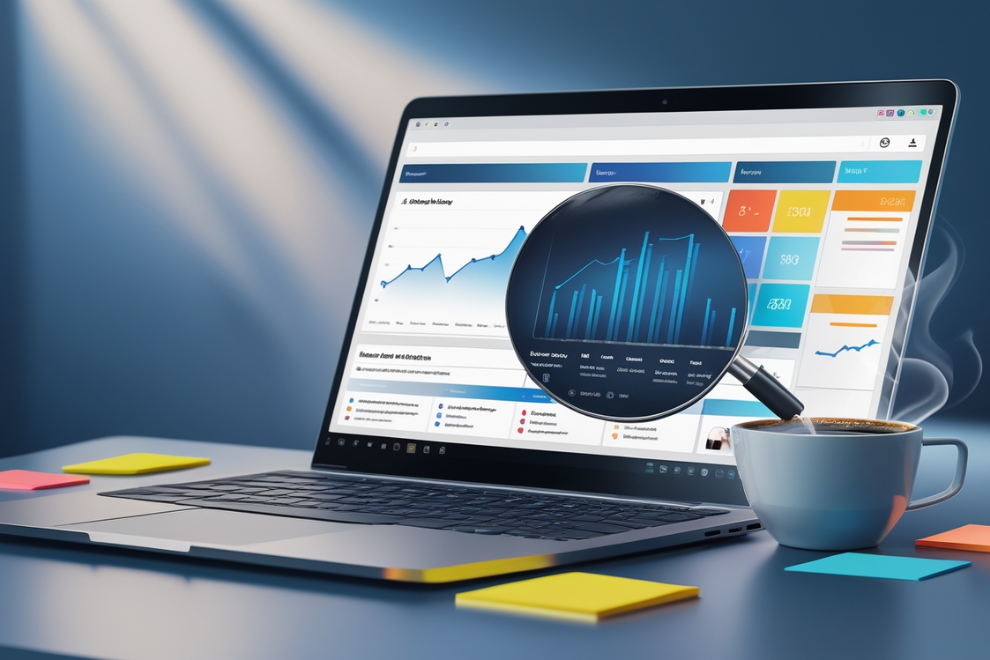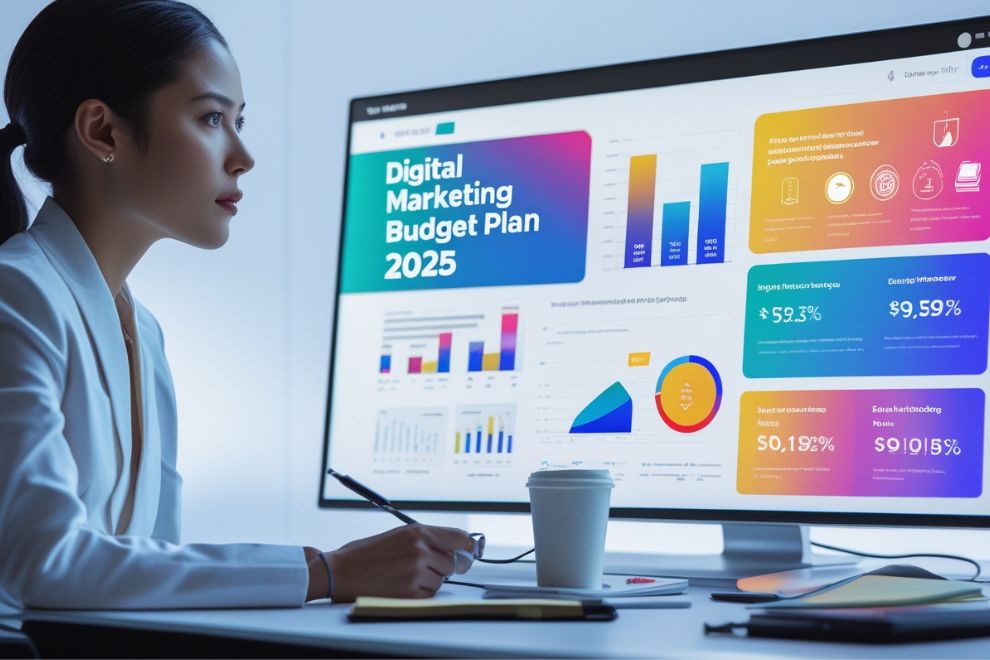How to Get Featured in Major Publications Without a PR Agency 2025
Getting featured in major publications can skyrocket your credibility, boost your brand awareness, and open new opportunities. However, hiring a PR agency can be expensive, and not every business or individual has the budget for it. The good news is that you can learn how to get featured in top-tier media outlets without relying on an agency. This guide will walk you through actionable steps to secure media coverage and increase your visibility. Understand What Journalists and Editors Look For Before diving into strategies on how to get featured, it’s essential to understand what journalists and editors want. They seek unique, newsworthy, and compelling stories. Your goal is to provide valuable insights, expert opinions, or groundbreaking perspectives that resonate with their audience. Avoid being overly promotional; instead, focus on how your story benefits readers. Build a Strong Personal or Business Brand One of the first steps in learning how to get featured is to establish a solid online presence. Journalists often look for credible sources when researching stories, and having an authoritative presence makes it easier for them to find you. Consider the following: Create a Compelling Story Angle To master how to get featured in major publications, you need a compelling story angle. Ask yourself: Think beyond basic self-promotion and craft a narrative that adds value to a journalist’s work. Build Relationships With Journalists Networking plays a vital role in how to get featured in major publications. Follow journalists on social media, engage with their content, and share their articles. Establishing relationships before pitching increases your chances of getting noticed. Additionally, attend industry events, webinars, and networking meetups where you can connect with reporters. Leverage HARO and Other Journalist Platforms One of the most effective ways to get featured is by using platforms like Help a Reporter Out (HARO), Qwoted, and SourceBottle. These platforms connect journalists with expert sources. By responding to relevant queries with concise and well-structured insights, you increase your chances of being quoted in an article. Perfect Your Pitch A strong pitch is crucial when learning how to get featured in top publications. Keep these tips in mind: Write and Publish High-Quality Content Publishing your own high-quality content on platforms like Medium, LinkedIn, or your own blog can enhance your credibility. When journalists search for experts in a particular niche, they often come across thought leadership pieces. Writing insightful and data-backed articles improves your chances of getting featured. Leverage Social Media to Gain Attention Social media plays a critical role in how to get featured. Share valuable insights on Twitter, LinkedIn, and Instagram. Use trending hashtags and tag relevant journalists when appropriate. Engaging in Twitter chats, LinkedIn discussions, and Reddit AMAs (Ask Me Anything) can position you as an expert worth quoting. Utilize Press Releases Strategically Press releases can be effective if used correctly. Instead of blasting generic releases to numerous media outlets, target specific journalists who cover your industry. Craft well-written and newsworthy press releases that align with current trends and media interests. Get Featured Through Guest Contributions Guest blogging is an excellent strategy for how to get featured in major publications. Many top-tier sites accept guest contributions from industry experts. Research sites that align with your expertise, pitch well-structured article ideas, and follow their submission guidelines. This approach allows you to showcase your knowledge while reaching a broader audience. Partner With Influencers and Industry Experts Collaborating with influencers and experts in your industry can help amplify your credibility. When influencers mention you, journalists are more likely to take notice. This strategy increases your chances of media coverage organically. Monitor and Follow Up If you’ve pitched a journalist but haven’t received a response, a polite follow-up can make a difference. Timing is crucial—wait about a week before following up. Be respectful and concise in your follow-up email, reiterating the value you bring to the story. PR Agency 2025 Learning how to get featured in major publications without a PR agency requires strategic effort, consistency, and relationship-building. By crafting compelling stories, engaging with journalists, leveraging social media, and publishing high-quality content, you can significantly increase your chances of media coverage. Implement these steps, and soon, you’ll find yourself featured in the publications you admire, boosting your authority and expanding your reach.









